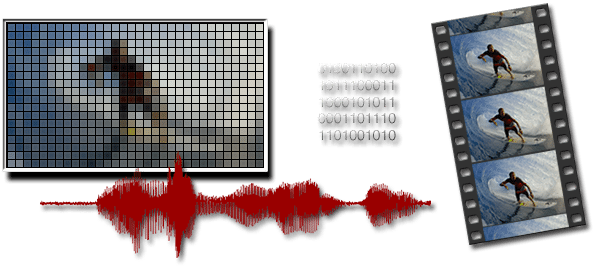
Motion capture techniques have been evolving continuously since the early days with film. However, related artifacts such as flickering, stuttered motion and blur have all remained a concern. In this article, we take a deeper look at the science of temporal aliasing, along with how this can be used to improve cinematic quality.
BACKGROUND ON ALIASING
Many modern technologies record and reproduce signals from the real-world. Microphones encode sound waves in conjunction with audio equipment, digital photography quantifies light using arrays of pixels, and cinema cameras record spans of time using discrete frames. In all cases, a central goal is to maximize fidelity within the constraints of a recording medium.
Lear more at RED.com.

